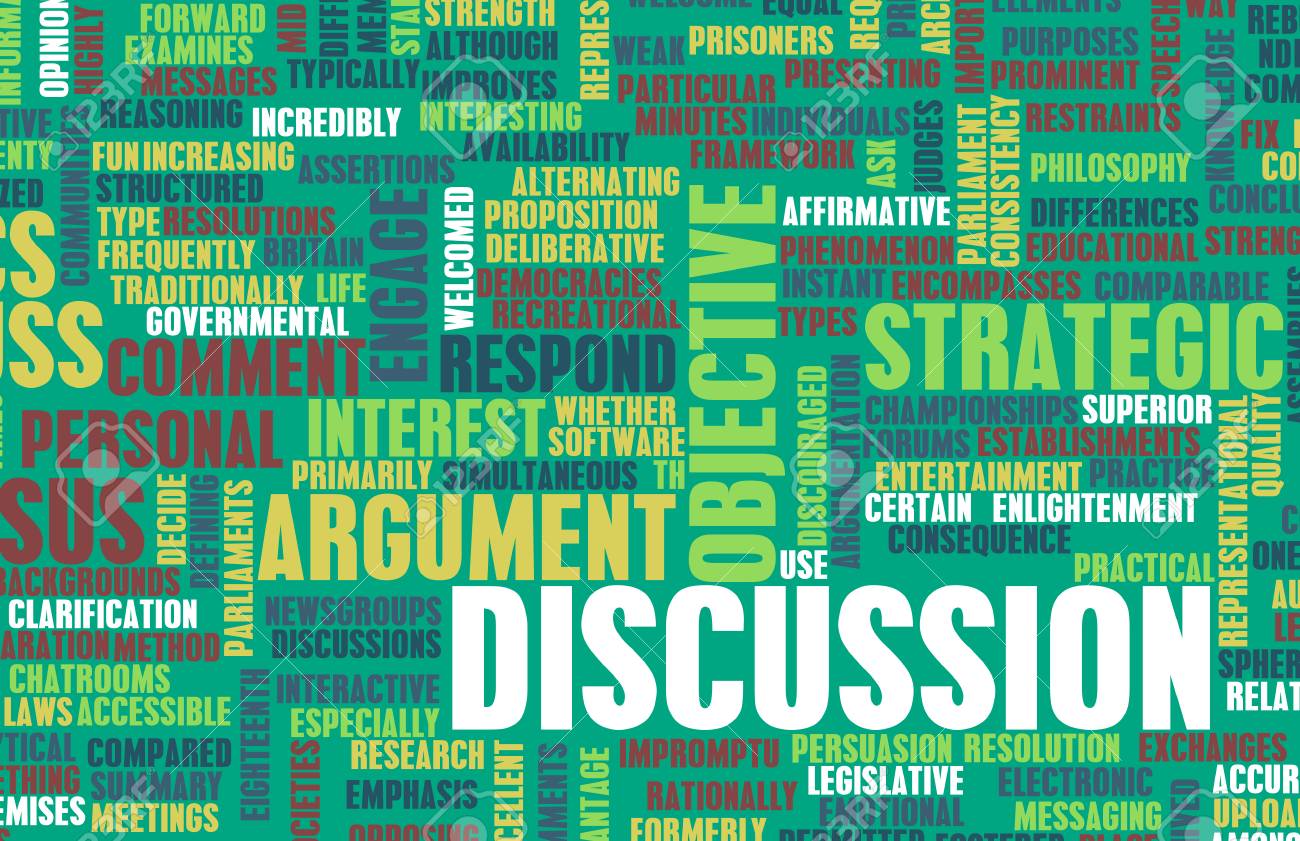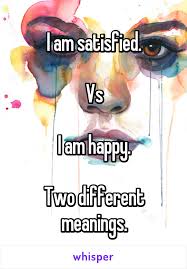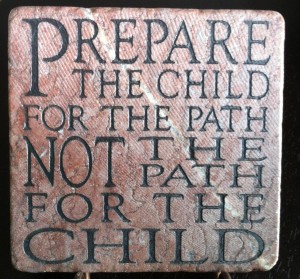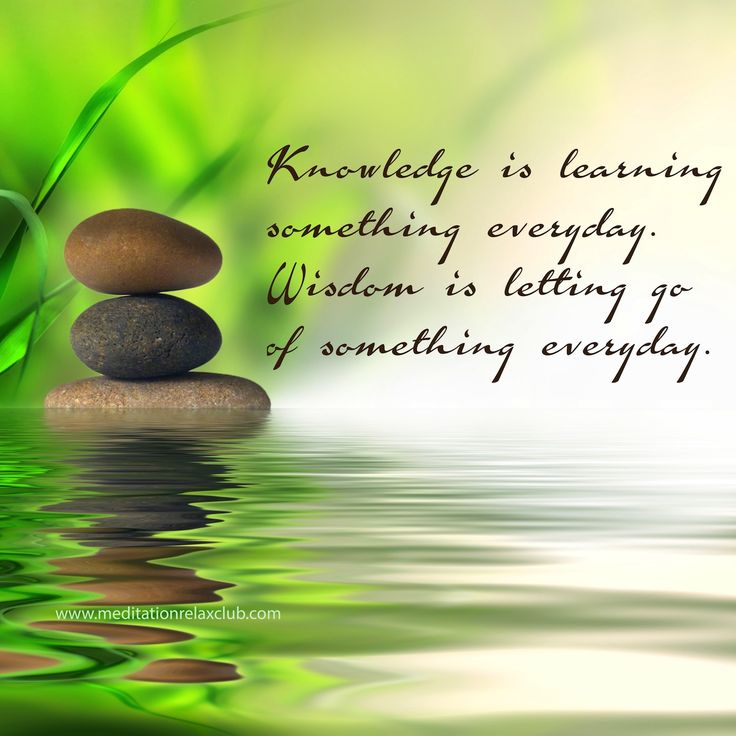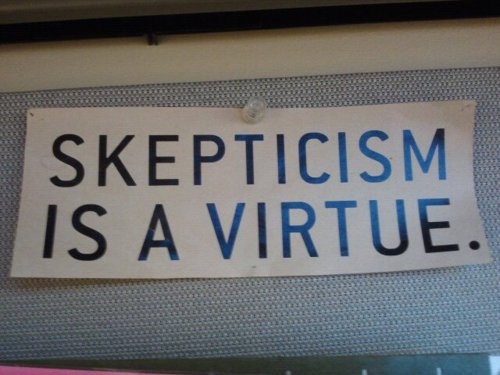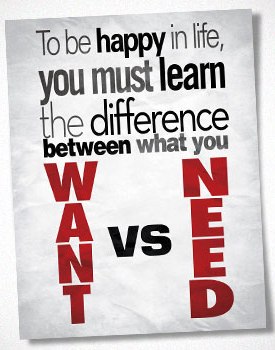The nature of anger
From Volume 11, Issue 3:What makes you angry? Politics? Bad manners? Erratic driving? Poor service?
And why, when so triggered, do you express the emotion anger?
Psychologist Gail Brenner, whom I’ve been reading lately, has dived deeply into this emotion, and it ties in with the nomenclature I’ve been using to describe reactive behaviors in this newsletter. Anger exists in the Knower/Judger. It’s learned.

